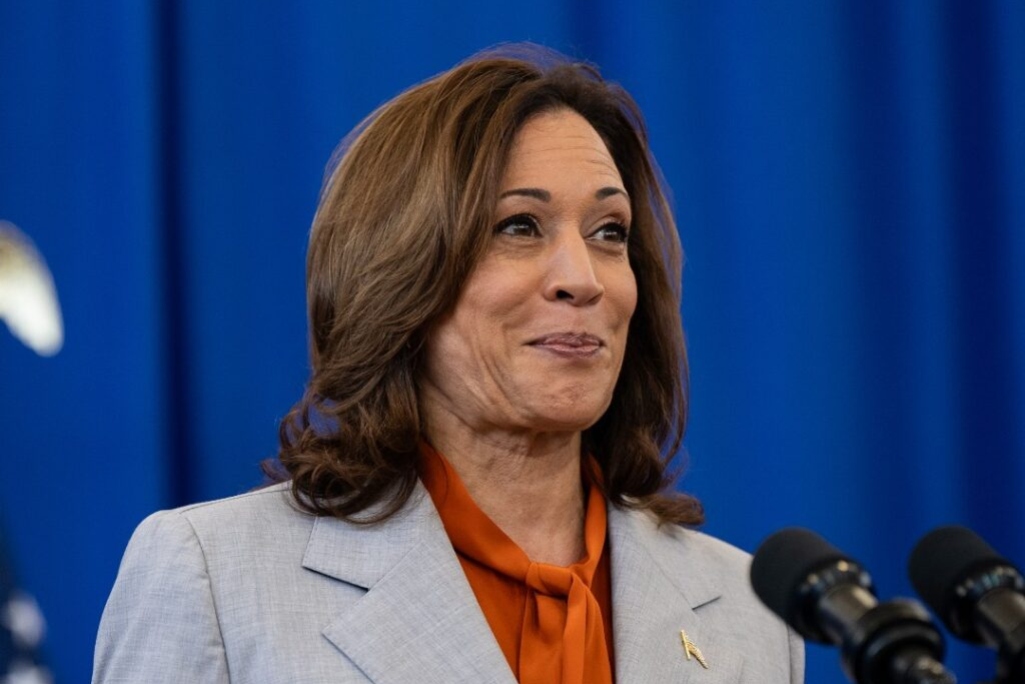A few weeks ago at the State Evangelism Conference in Raleigh, I listened to Tom and Stephen Wagoner discuss their distinctive ministries.
Here are a father and son who love Jesus and faithfully pastor their congregations, yet they have different approaches to disciple-making and ministry.
Tom has pastored Central Baptist Church in Dunn for 30 years, and he describes himself as “a country preacher” with “a big choir and a rural church.”
Stephen, influenced by the Acts 29 network, is a pastor of a missional community called the Church in the Triad.
On the stage, the two continued to emphasize different contexts and generations require disparate methodologies.
While I’ve heard this principle taught dozens of times, I thought it would be an opportune time to expound on some identity markers of my generation – the Millennials – in order to provoke transgenerational dialogue in the church where you serve. Millennials are a very confusing group to interpret and understand. Speaking about Russia in his day, Winston Churchill once remarked that this political superpower was “a riddle wrapped in a mystery inside an enigma.” This captures well the lives of the largest and most diverse generation in American history, the Millennials.
Millennials are individuals between 18- to 29-years-old. They’re also known as “Generation Y,” the “Mosaics” or “Generation Me.” But be careful to not label them too much, they’re skeptical of designations.
In fact, Pew Research makes this point well. “Only about half (49 percent) of Millennials say the phrase ‘a patriotic person’ describes them very well – with 35 percent saying this is a ‘perfect description.’” Let me see if I can provide some clarity: think about an envelope you just received in the mail. It has a few identification markers: one being a (sticker) stamp and also an (embossed) stamp. One is stuck on, the other is etched or imprinted onto the envelope.
Millennials may use labels, but they don’t want them to be “etched” on. Generally speaking, they attempt to alienate themselves from any descriptor. Labels, the logic goes, are stifling, rigid, confining and artificial.
Which leads to another identity marker of Millennials: the religious Nones. Barna Research has done more work in this area than any other organization or company that I am aware of.
The Nones, Barna notes, are “those who self-describe as ‘spiritual, but not religious’ – individuals who like to associate with what they perceive as the positive elements of spirituality but not the negative associations of organized religion…the ‘Nones’ [are] the much-discussed adults who are religiously unaffiliated and who don’t want to use any conventional label for their religious faith.”
“Religiously unaffiliated” doesn’t mean “atheistic” or “agnostic” toward God; 86 percent of Millennials believe in God. Rather, the Nones are skeptical toward most institutions – political and religious, while somewhat more optimistic toward educational institutions. Pertaining to the religious sphere, Millennials may love Jesus but they’re hesitant about the church. As we are all too aware, one of the prominent characteristics of Millennials is their usage of technology and how this influences their social life. Smartphones are now in the hands of 1.4 billion people and 81 percent of Millennials are on Facebook. With this digital explosion comes new patterns of thinking, relating and influence. This can be both good and bad. As for the good, Millennials are very relational creatures with most average 250 friends on Facebook. They love sharing their stories, their “statuses” and they like “liking” their friends’ pictures.
Some analyses show that Christian Millennials are one of the factors behind the downsizing of the megachurch.
Thom Rainer, president of LifeWay Christian Resources said, “This generation is already affecting the size of the worship gathering … worship centers will be smaller. The Millennials are at the forefront of this facility revolution. They will eschew large worship services for more informal and smaller gatherings.” With an emphasis on authentic community and healthy relationships, the motto for Millennials is, “Small is the new big.” Christian Millennials want to be in a church that preaches and practices social justice and where congregation care is carefully and thoughtfully exercised.
On the flip-side, technology can be bad as well. David Kinnaman, president of Barna Research, says in his book, You Lost Me: “Technology access allows [Millennials] to experience and examine content origination from nonbiblical worldviews, giving them ample reasons to question the nature of truth.”
In the past few generations, wisdom was primarily given through structures such as the family, educational systems and religious institutions. With the rise of the Internet and with it the accessibility to content anywhere in the world, knowledge is at their fingertips. Literally! Hence, the traditional form of passing down insight about the world, and how to inhabit it well, has been largely bypassed with the creation of smartphones and similar technologies.
For instance, if the average Millennial wants to know the answer to the question, “What is the meaning of life?” In generations past, an individual would have asked his or her grandmother or father; today, all the individual has to do is “Google it.” And when Google provides approximately 730 million results in 0.58 seconds (seriously, “Google it”), the familiar conclusion becomes, “Well, there must be more than one meaning to life.” This breeds not only skepticism toward certain authorities, but it also encourages an unhealthy pluralism and a tolerance that says where truth is whatever you want it to be.
Lastly, even though Millennials might be more likely to search for answers through technology, they’re very much open to mentorships that can become fertile ground for discipleship. In fact, 90 percent of Millennials who drop out of the church didn’t have a mentor. This alarming statistic cries out for all generations to take seriously the role of mentorship in an age where young adults are more likely to be “discipled” by screens rather than human beings.
Indeed, I am a Millennial writing about Millennials for a majority audience that is likely not Millennial. No, this guest column is not narcissistic – a common label given to Millennials by our elder generations. As Tom and Stephen emphasized in their interview, the church needs honest, trans-generational dialogue. And when all ages of saints can gather together, genuinely discuss and partner in this Great Commission mission, the gospel advances. This is what I’m after.
These facts provoked my wife, Jade, and I to choose a church that encompasses all generations, young and old. We desire wisdom from the generations preceding us and in turn, we want to offer it to the generations after us.
I apologize that we Millennials may be “riddles wrapped in a mystery inside an enigma.” The best advice I can offer is this: Please remain patient with us, because we truly desire relationships, wisdom and Jesus.
(EDITOR’S NOTE – Michael McEwen is content editor for the Recorder.)


